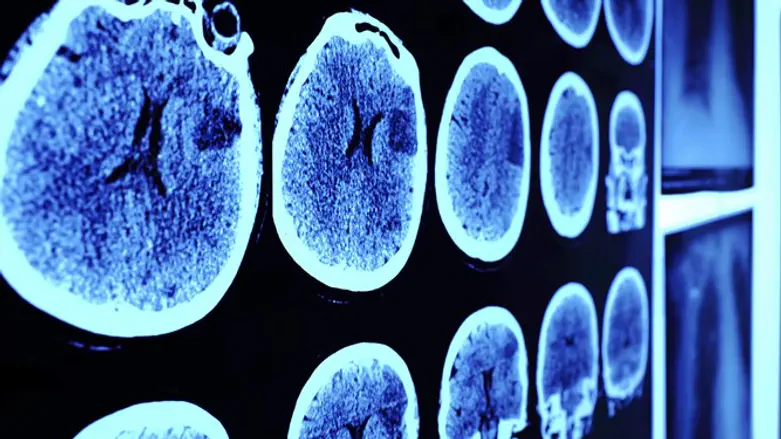
During renovations at the Max Planck Psychiatric Institute in Munich, dozens of brains and brain parts of Jewish victims of the Holocaust were discovered, according to Army Radio this morning (Wednesday).
In the wake of the discovery, a committee has been established in order to ascertain in greater detail the story of the samples.
The Max Planck Institute, itself, claims that the samples were once used by the Nazi brain researcher Julius Hallervorden, who conducted experiments on humans during and after the rule of the Nazis, and even served for a period as the head of the neuropathology department at the Institute, then known as the "Kaiser Wilhelm Institute."
The newly-formed research committee has already started to identify some of the victims from whom the samples were taken, with the goal of bringing them to a mass grave, as was done with previously discovered samples. This, however, is a process that could take months, even years.
In light of the discovery, the Institute published on its website: "We are embarrassed by these findings, and the blemish of their discovery in the archives. We will update the public with any further information that comes to light with complete transparency."
Yad Vashem, the Holocaust museum in Jerusalem, had not been aware of the existence of the samples until they were revealed this morning. Professor Dan Machman, Director of the International Center for Holocaust Research at the museum, told Army Radio, "it's surprising, although not completely. We know that experiments were conducted and that not everything was erased and buried. Two years ago, bones of victims on whom experiments were conducted were found in Berlin in the trash. Next year, we're going to organize a convention about this issue."
"This [current finding] is something new that was previously unknown, and joins other events that are suddenly uncovered after 70 years," he said. "Whoever thought this chapter was completely finished is mistaken. It's hard to know if these samples are exclusively from 'mercy killings' [ie. the murder of sick people for the purposes of experimentation] or if they also derive from other sources."
